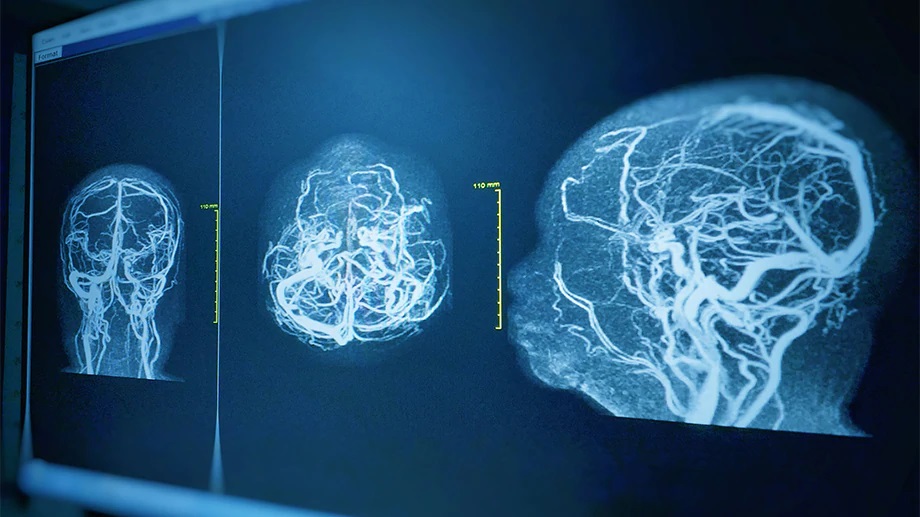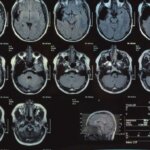A study in JAMA Psychiatry examined brain differences of adolescents, linking brain thinning to the development of psychosis among children.
The study was conducted at the University of Pittsburgh.
The study included 3,169 participants, recruited from more than two dozen academic institutions. Close to half were at a high risk of developing psychosis.
Structural magnetic resonance imaging scans were taken of all the participants.
Of the nearly 1,800 participants considered to have been at high risk of psychosis, only 253 developed the illness, subsequently within two years.
From the corresponding study’s news release: “When looking at all the scans together, the team found that those at high risk for psychosis had widespread lower cortical thickness, a measure of the thickness of the brain’s gray matter.”
“In high-risk youth who later developed psychosis, a thinner cortex was most pronounced in several temporal and frontal regions,” the news release also reads.
According to the study, the young participants in late childhood were particularly prone to developing psychosis because the brain thinning was already evident.
“We don’t yet know exactly what this means, but adolescence is a critical time in a child’s life-it’s a time of opportunity to take risks and explore, but also a period of vulnerability,” commented one of the study’s authors.
“We could be seeing the result of something that happened even earlier in brain development but only begins to influence behavior during this developmental stage.”


